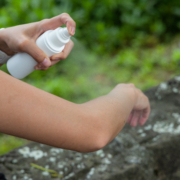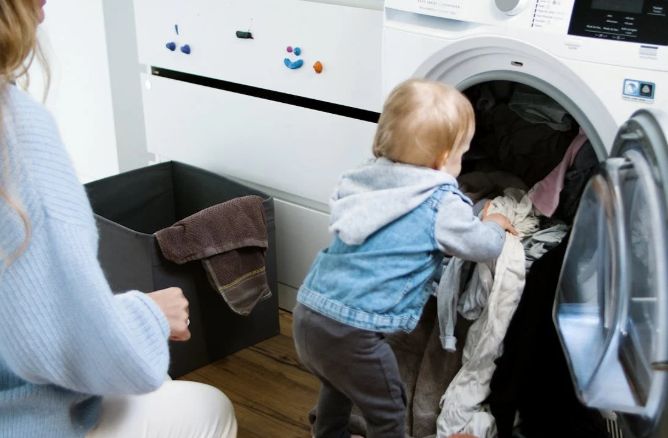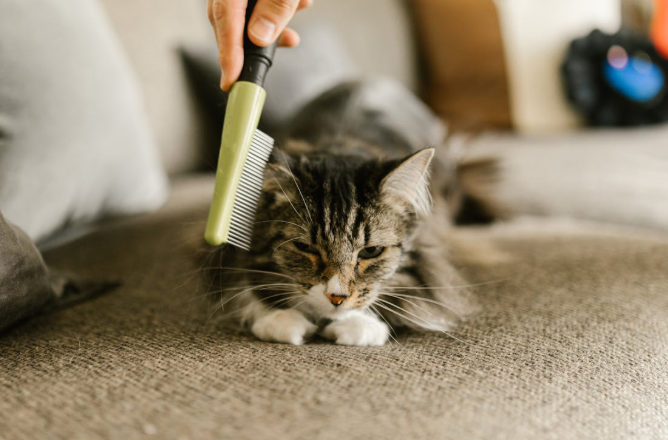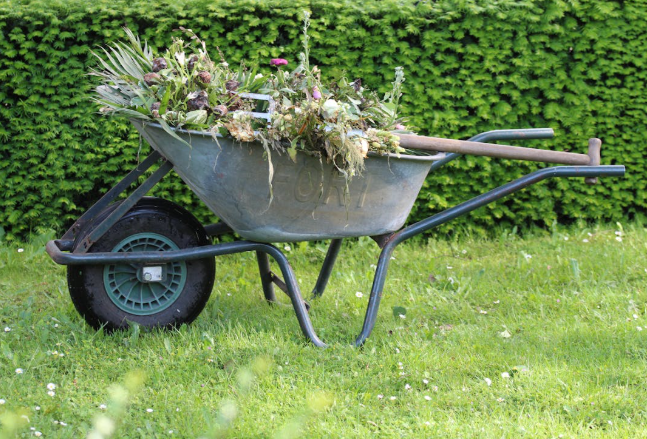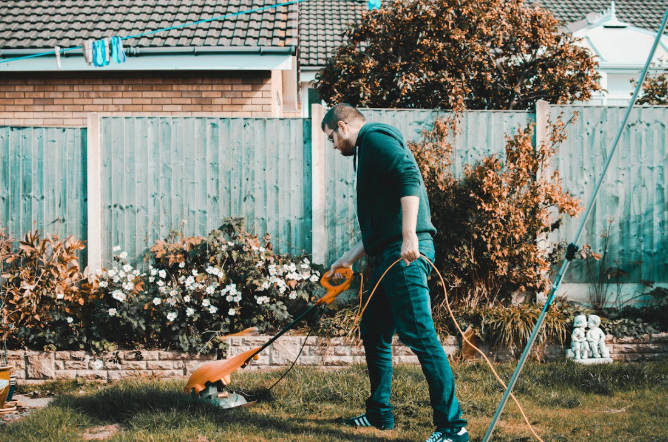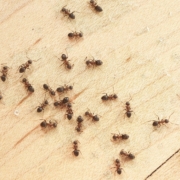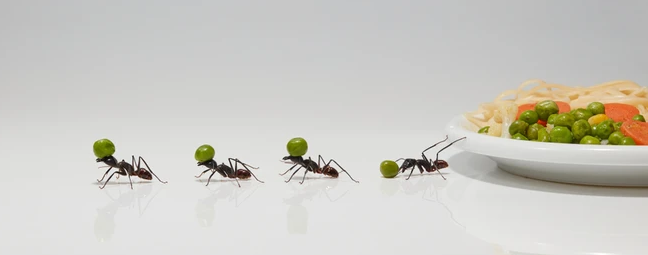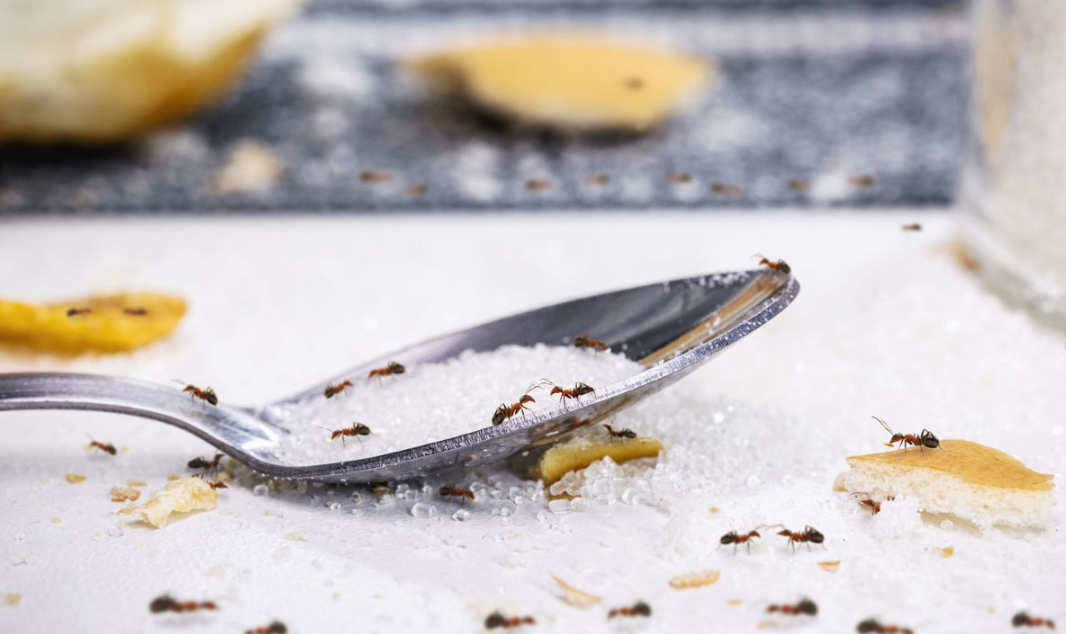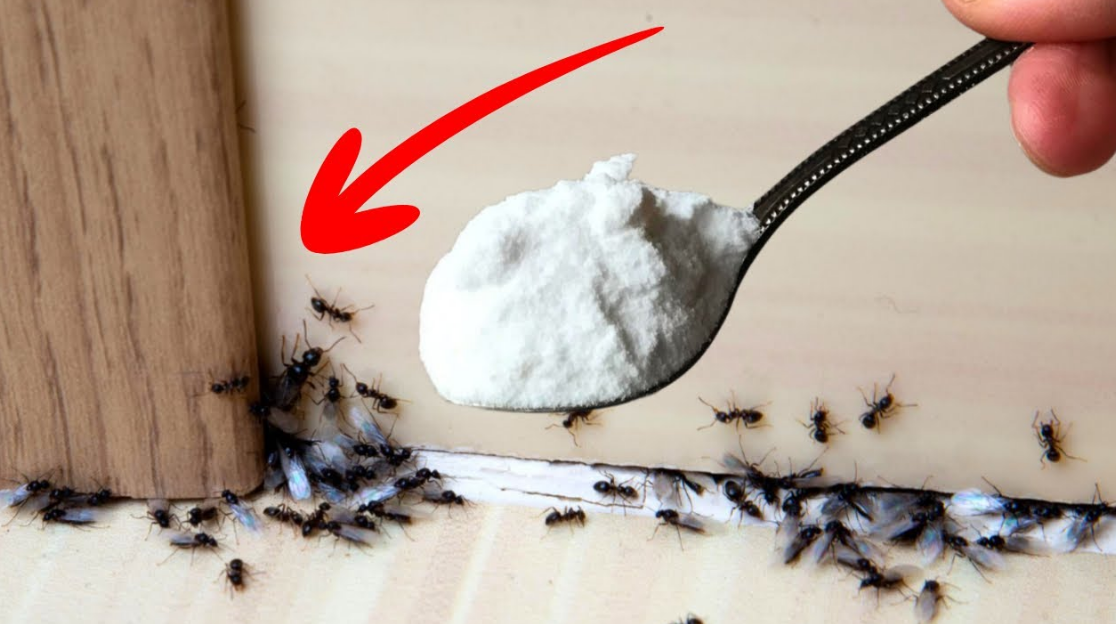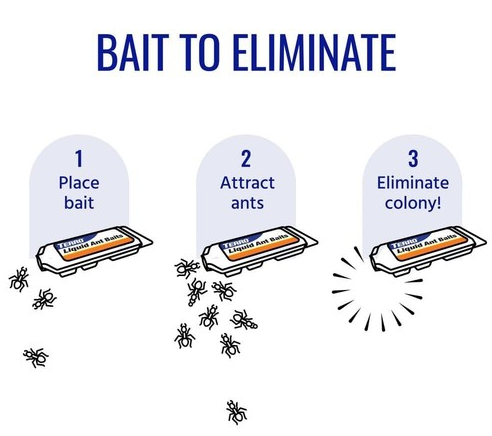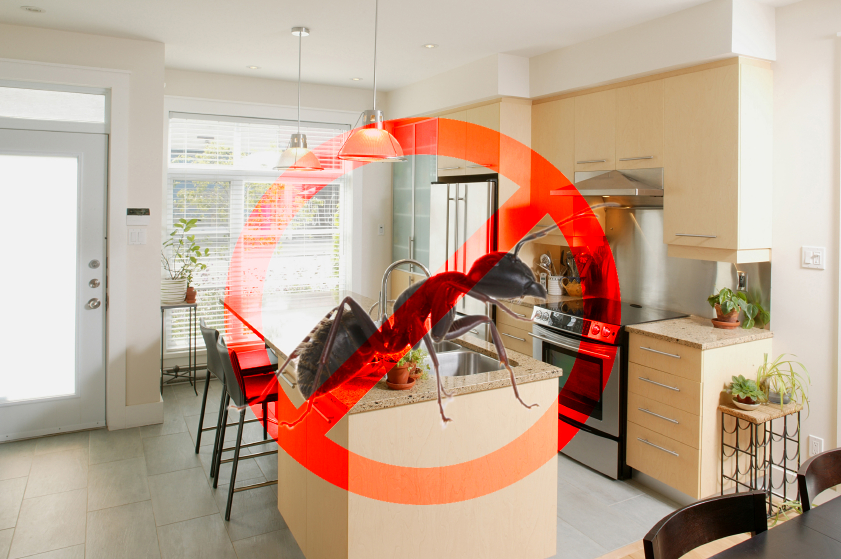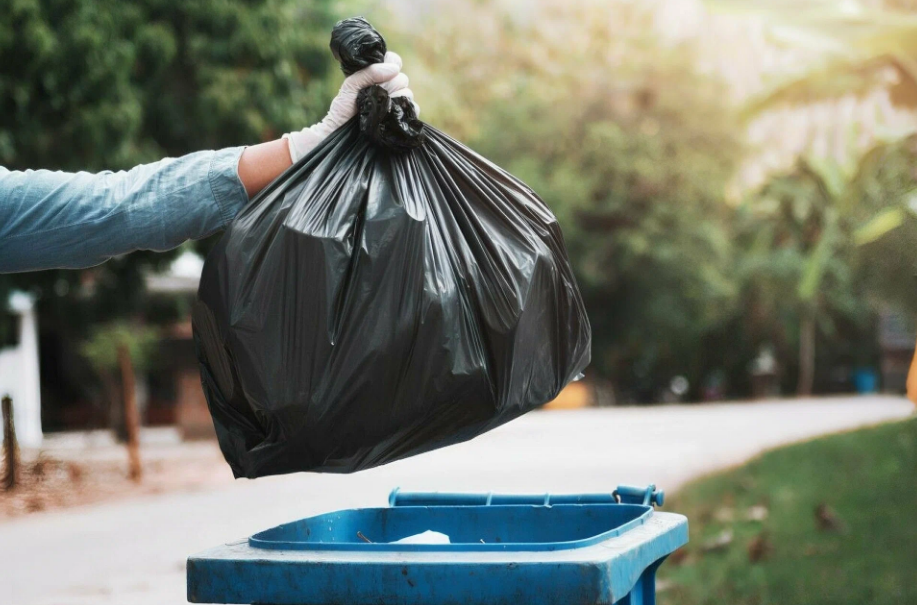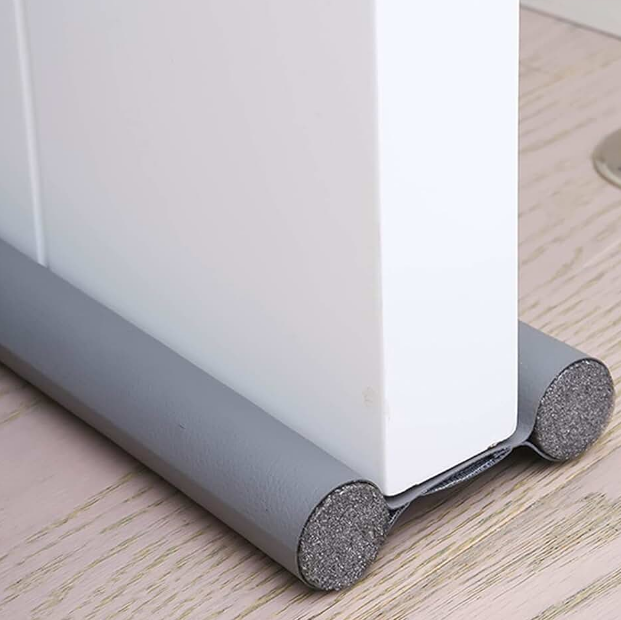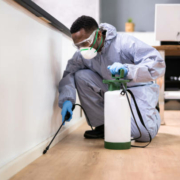Mosquito Prevention: How to Protect Your Family
For effective mosquito prevention, focus on preventing breeding and bites. Remove stagnant water, use repellants for mosquito control, wear lightweight, long-sleeved, long-pants clothing, ensure the screens are in good condition, and use mosquito netting around beds and baby strollers. Regularly inspect your yard and home for any potential breeding sites like clogged gutters, old tires, or containers holding water. PROPERTY SOLUTION PEST CONTROL INC offers targeted solutions and customized treatments for mosquito elimination for homes and businesses.
How to Create a Mosquito-Free Zone to Protect Your Loved Ones
Have you been battling a persistent mosquito problem each summer? Your evenings, once filled with backyard games and family dinners on the patio, are now plagued by buzzing and itchy bites. If the small arms and legs of your baby are dotted with red, angry welts, it’s time to take action. Understanding the importance of mosquito control and prevention is necessary to reduce the risk of mosquito-borne diseases, like malaria, Zika virus, West Nile virus, and dengue fever, and to improve the quality of life.
|
Did you know? New research has shown that low-viscosity silicone oil, commonly used in cosmetics, when applied to the surfaces, can cause mosquitoes to instinctively flee due to the way it interacts with their leg scales. |
Here is the ultimate guide to creating a mosquito-free zone for your family.
Eliminating Breeding Sites
Remove Standing Water
Mosquitoes lay eggs in standing water. Empty and scrub items, at least once a week, that can collect water, such as plant saucers and bird baths. Remove old tires or buckets from outside.
Check Gutters and Drainage
Ensure gutters are clean and free of debris to prevent water from pooling.
Repair Leaks
Fix leaky pipes and repair faucets to eliminate potential breeding grounds of mosquitoes.
Cover Water Storage
Tightly cover water storage containers like barrels and cisterns to prevent mosquito entry.
|
Interesting fact An AI-powered system can track and zap mosquitoes in real time, firing precise laser pulses, carefully avoiding people and pets nearby. |
Protect Yourself And Your Family
Use Repellents
Apply mosquito repellents containing DEET, picaridin, IR3535, or oil of lemon eucalyptus to exposed skin and clothing, and follow instructions on the label.
Wear Protective Clothing
When outdoors, especially during peak mosquito activity time (dawn or dusk), wear long sleeves, pants, and socks, preferably made of light-colored, tightly woven fabric.
Use Mosquito Nets
Sleep under mosquito nets, especially in areas with high mosquito activity, to avoid the risk of mosquito-borne diseases.
Maintain Screens
Ensure the screens on windows and doors are in good condition. Repair any holes to prevent mosquitoes from gaining entry into your space.
Use Indoor Insecticides
Consider using indoor insect sprays (when necessary) and using plug-in mosquito repellent devices to control mosquitoes indoors.
|
Did you know? A new study has shown that mosquitoes raised in high-temperature settings have the potential to evolve with global warming due to the “chromosomal inversions,” structural changes in their DNA, which showed adaptations to the hotter conditions. |
Additional Tips
Some additional tips for mosquito prevention are as follows:
- Be mindful of outdoor activities. Limit outdoor activities during peak mosquito activity hours, like the dawn and dusk.
- Regularly maintain swimming pools and keep water circulating to prevent mosquito larvae from developing.
- Mosquitos are attracted to light. Use yellow ‘bug’ light bulbs outdoors.
- If you plan to travel to areas with mosquito-borne diseases, consult a healthcare provider about necessary or preventative vaccinations.
- If bitten, apply a topical hydrocortisone ointment or take an antihistamine to reduce itching and inflammation.
Conclusion
Mosquito prevention reduces the risk of mosquito-borne diseases and improves the quality of life. Effective mosquito control can prevent the spread of harmful diseases like malaria, Zika virus, and dengue fever, while also minimizing the nuisance of bites and itching. Focus on removing stagnant water, wearing loose, long-sleeved clothing, and using mosquito repellents and nets to stay safe and keep your family protected.
FAQs
1: What is the importance of mosquito awareness?
Mosquito-borne illnesses, from dengue to malaria, affect millions every year. Awareness and prevention are the most effective defenses.
2: How to protect a child from mosquitoes naturally?
Dress them in long, light-colored, loose-fitting clothing; use mosquito-proof mesh on doors and windows; and use mosquito-proof netting over prams and strollers when going outside.
3: Which plants help repel mosquitoes?
Plant basil, mint, and marigolds around your home to create a natural barrier against these pests.
4: What time of day are mosquitoes most active?
Mosquitoes are usually most active during dawn and dusk. Limiting outdoor activities at these times helps reduce bites.
5: Can professional mosquito control services really make a difference?
Yes. Experts use targeted treatments that eliminate breeding grounds and reduce populations more effectively than DIY methods.

